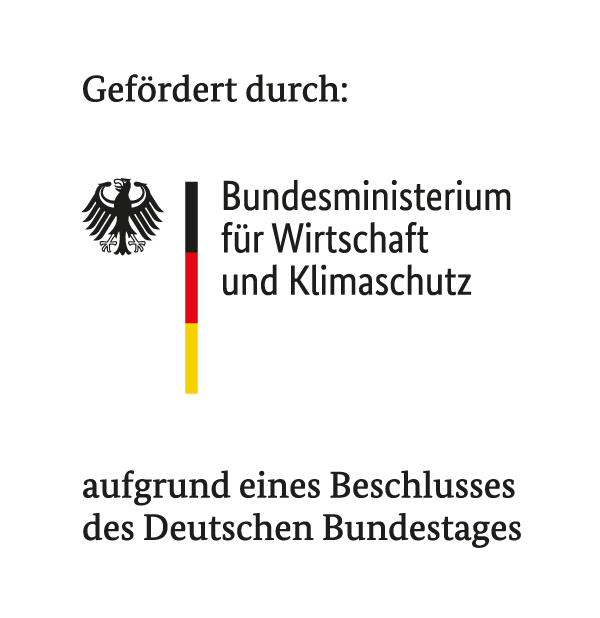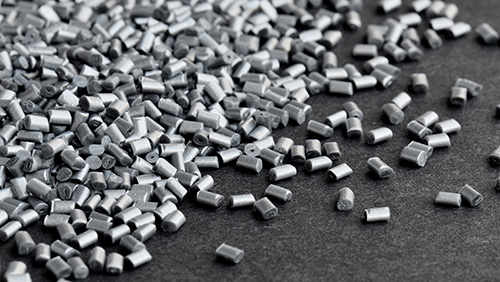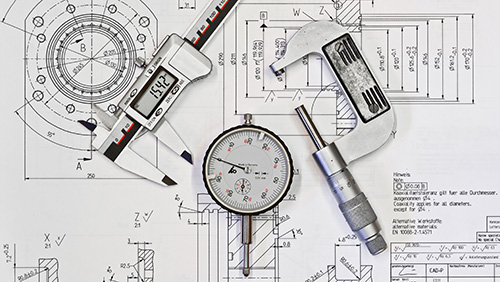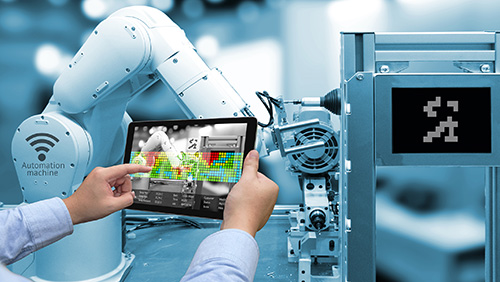Find projects
Melting simulation Ko-Kneader 2
Expansion of the application area for melting simulations of co-kneaders
Project duration
From: 01.12.2022 To: 30.11.2024Description
Co-kneaders have great potential, especially where conventional processing concepts reach their limits in terms of a good mixing effect with a lower material load. Limited process knowledge and a lack of prediction options based on supporting process models make plant and process design costly and time-consuming. Initial models have already been developed to counteract this. However, some of their predictions are still simplified and the general validity of the methods has not yet been sufficiently proven. For this reason, further research is required for large-scale industrial application. The aim of this research project is therefore to further increase the process understanding of co-kneaders through a combination of numerical, analytical and experimental investigations. As part of the project, the required material data will initially be determined for 8 materials and described using suitable material models. Experimental investigations and 3D simulations are to validate the calculation results of the 1D calculation tool and at the same time make any effects occurring in the ongoing process understandable. Based on this, the current deviations from reality can be minimized by optimizing the analytical models. The project results will ultimately enable manufacturers and users of co-kneaders to design and optimize extrusion processes more quickly, effectively and cost-effectively. An increased understanding of the process also leads to faster product development, higher product quality and thus to an increase in competitiveness, enabling SMEs in particular to consolidate their position on the market.
Contact person:









